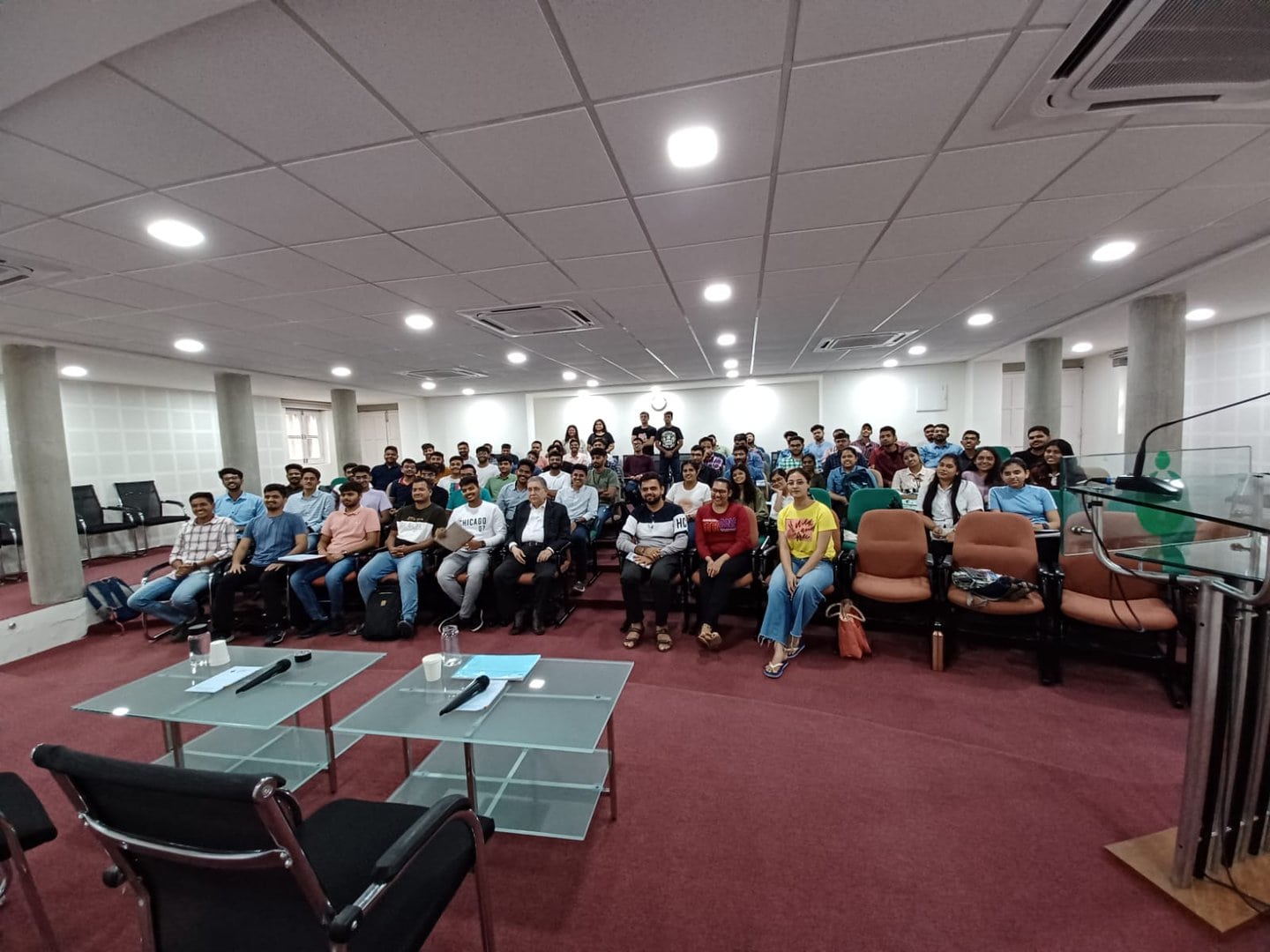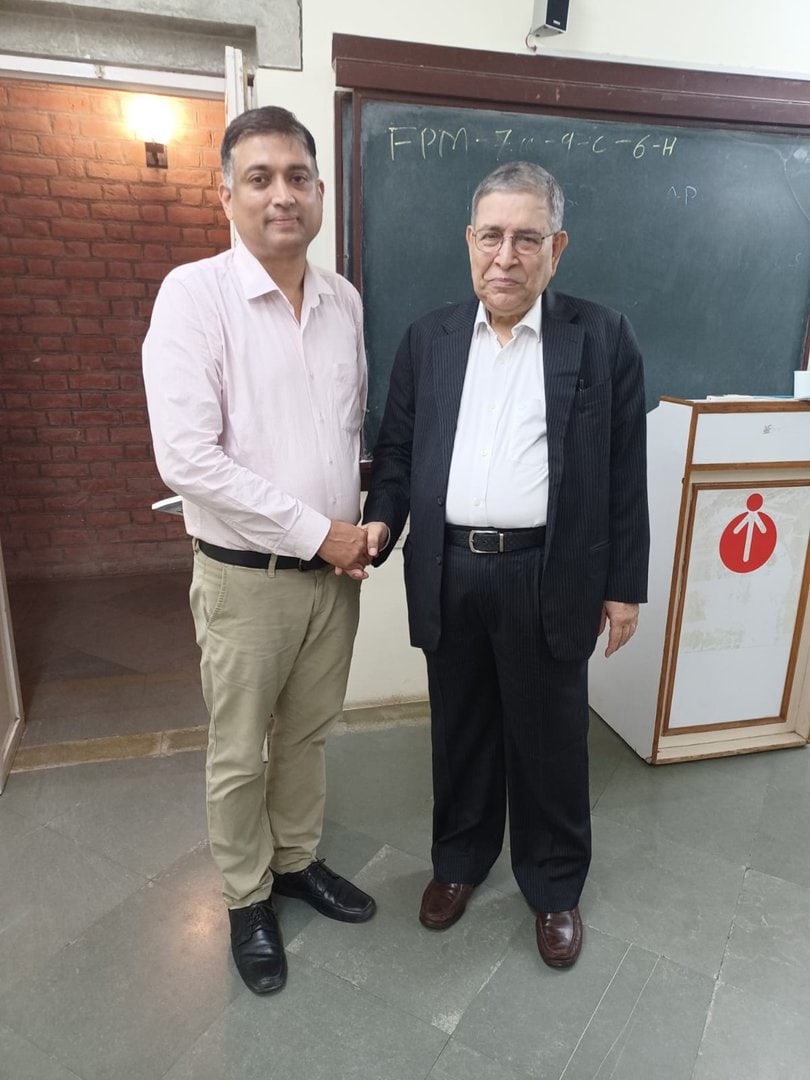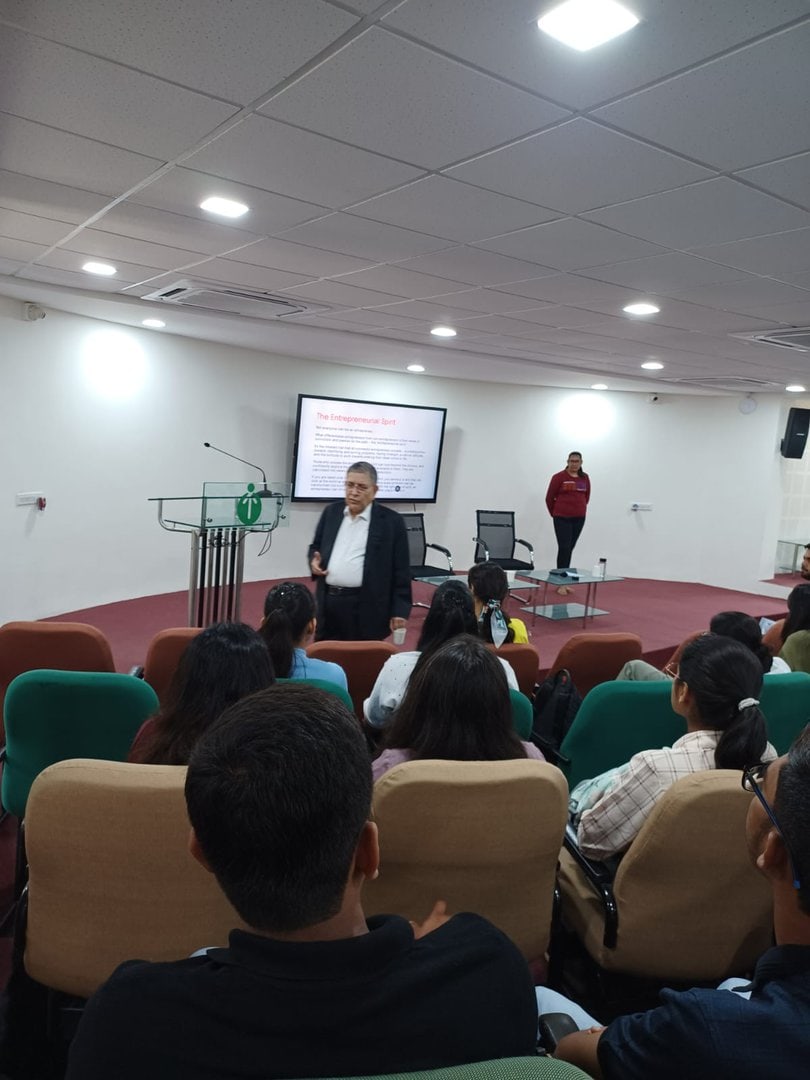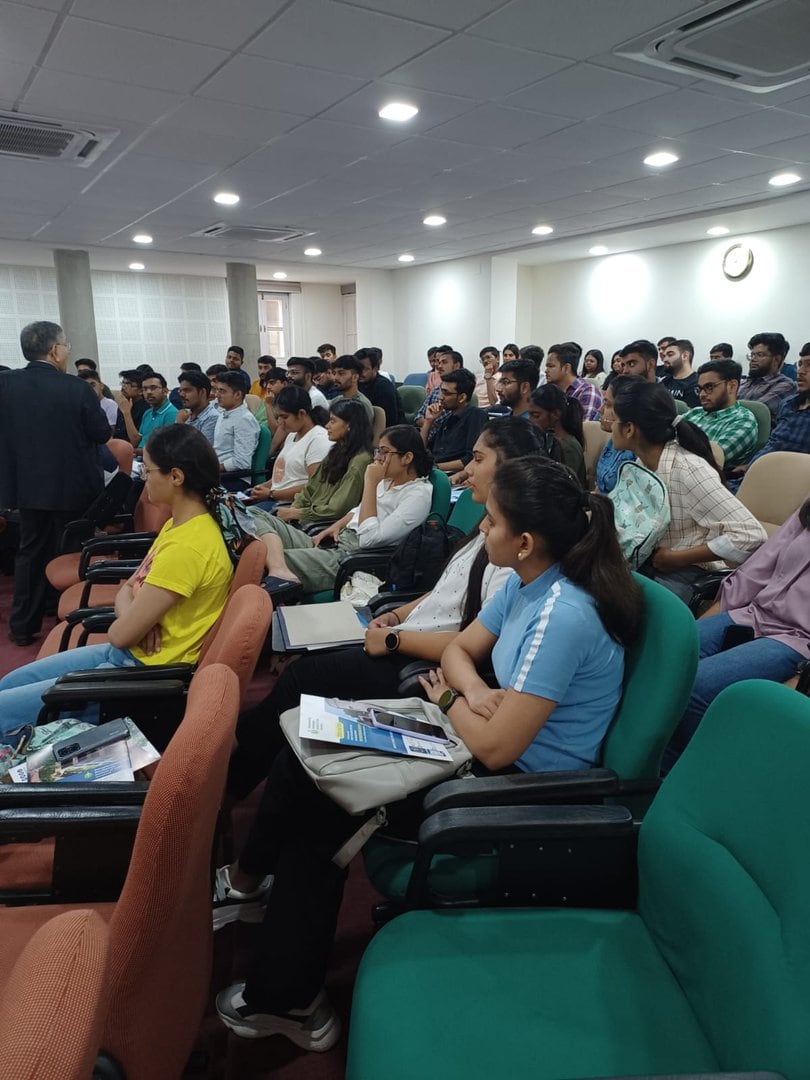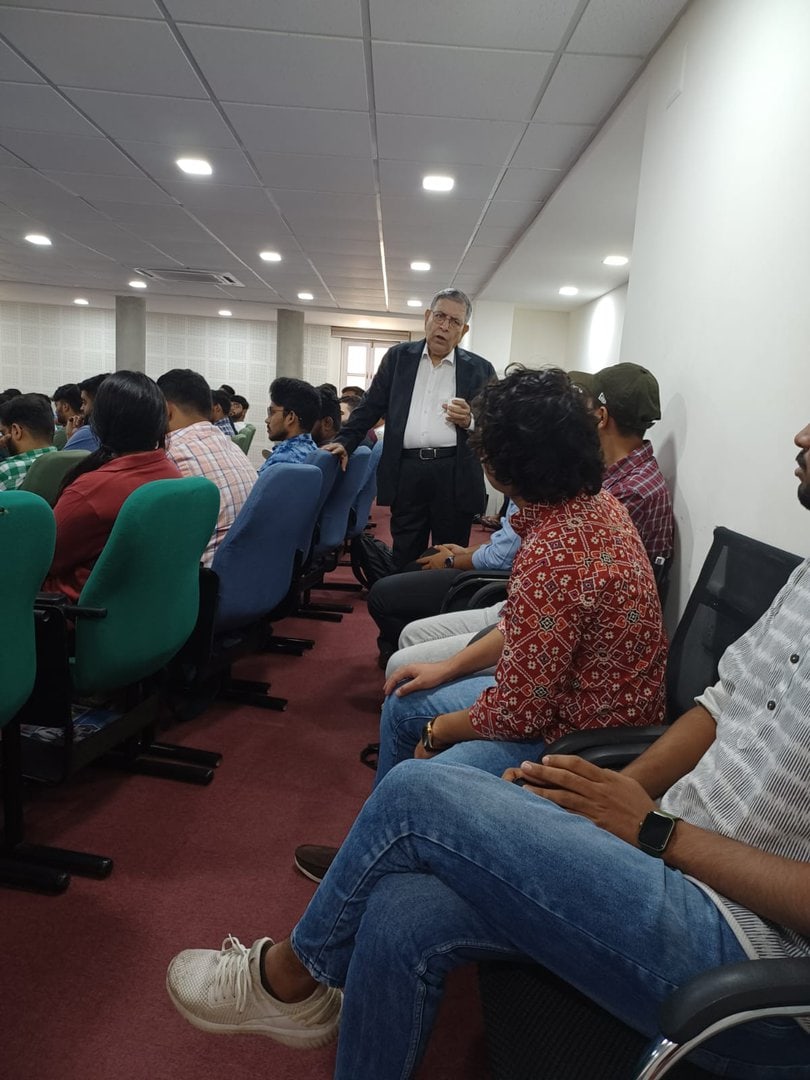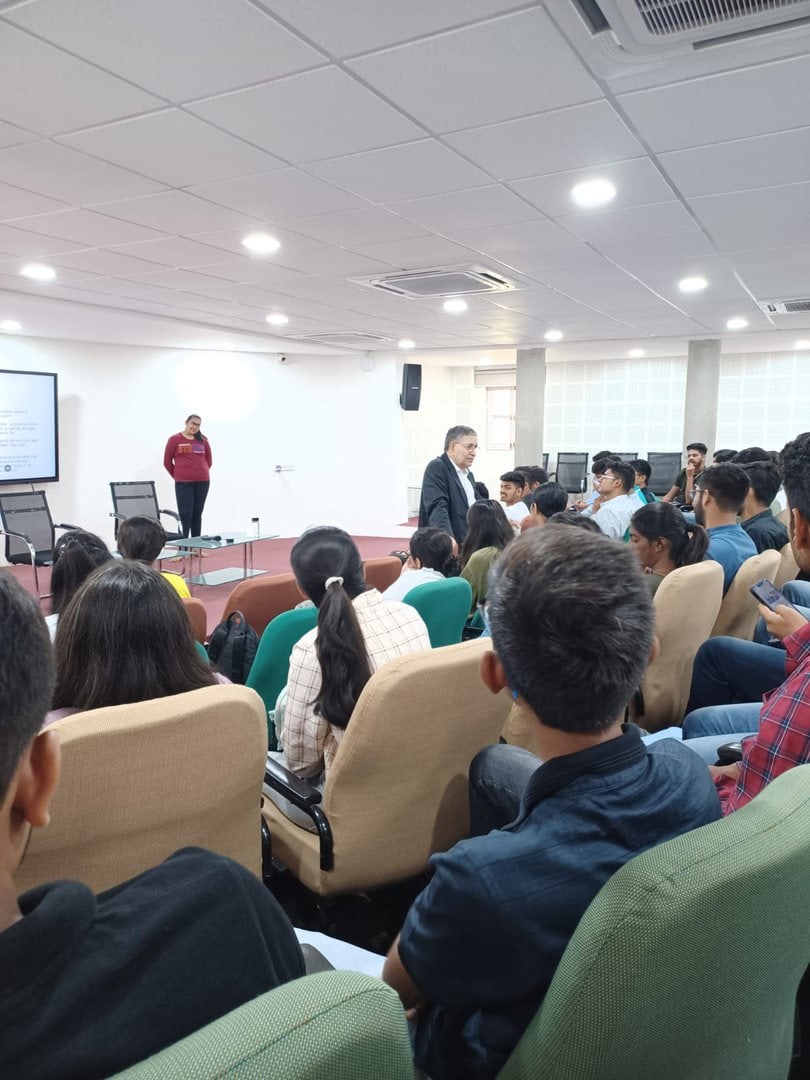The Basics of Building a Business

As regular readers of my blog are aware, I serve as a consultant to a few business owners. My job entails advising and assisting these clients as they launch their businesses. It also entails giving the CEO or other top executives advice regarding their daily operations. It is an engaging and challenging task! I thoroughly enjoy it!
In this third inning of my life, I have been dreaming about working closely with young minds. It has been my goal to reach at least 1 lakh students and entrepreneurs and share my passion and expertise with them. With that in mind, I’ve been considering how to communicate with more aspiring business owners and providing them with information on the fundamentals of managing a company. To reach a younger audience, I have distilled my lectures into these five basic tips in this post.
Tip 1: The Entrepreneur must have goals and objectives that are clear.
The bigger vision, yearly mission statements, goals, and objectives of an entrepreneur’s business or initiative must be very clear. More importantly, all employees of the organisation who work in various divisions, departments, branch offices, etc. must be made fully aware of these. The word SMART, which stands for specific, measurable, agreed upon, realistic, and time-bound, best describes these goals. For every entrepreneur, these goals will be different, depending on their specific project or stage of business.
Let me give one or two examples to demonstrate my point. For an entrepreneur who is implementing a real estate project, the objectives would ideally be controlling the timeline, project cost, and scope of activities. For another entrepreneur who is managing FMCG operations – these objectives would be related to the cost of production, product and process quality, speed of delivery (to minimise the lead time for the customer), flexibility, and dependability.
Tip 2: Resist the temptation to borrow more
For first-generation entrepreneurs embarking on their entrepreneurial journey, it is prudent to begin with a micro or small business with 100% equity raised from savings, with financial assistance from family, relatives, friends, and associates. Since a first-time entrepreneur is still learning to manage finances, borrowing would add to the stress and increase risk. Borrowing from banks/DFIs (by mortgaging your property as collateral) should be avoided as a general rule unless and until you have mastered the art and science of handling money and making money from money.
The advice I give to first-timers in general is that they should start a micro or small business first. Check their tenacity for business risks, grow their business slowly in modules and eventually with baby steps consolidate the company over a period of 6 to 12 to 18 to 24 months. This would be an ideal strategy. This technique will work wonders for them in the sense that it will enable them to learn and make money at the same time. Additionally, it will protect them from unanticipated dangers, and in the event that they do, the damages will be within reasonable bounds.
Tip 3: Build experience first, then jump into riskier waters
As the company grows and the size of your business expands, then the entrepreneur can create an additional equity pool. Ideally, they should start with the people they know. The first resource is to reach out to classmates who have completed their professional degrees with the businessman for help. One could also get in touch with the major suppliers of machinery and raw materials of their business or other business associates. There are many alternative ways such as bootstrapping, crowdfunding, and so on. Eventually, the entrepreneur would have gained sufficient experience and mastered the art and science of effectively managing all of their resources (particularly financial resources). This experience is required to learn how to create the necessary value addition from their business operations. Once this experience and rigour are achieved, they can always seek a secured loan from a bank or a development finance institution (DFI) and make somewhat riskier business decisions.

Tip 4: In the digital age, information is an important resource.
The entrepreneur must also create proper systems for information flow within and outside the organisation. This systematic collection, organisation, presentation, analysis, and interpretation of all available data and information will facilitate good decision-making within the organisation. This simple task will result in the initiation of timely actions. An effective and robust MIS (Management Information System) should also be developed and implemented to ensure that all employees and key executives benefit from all important top-down and bottom-up communications. An effective MIS also ensures the organization’s long-term success through effective management control.
Tip 5: Develop world-class business processes
The next step should be to choose world-class business processes. These processes should be created and validated with the assistance and support of various domain experts both inside and outside your organisation. Process or activity flow charts should be created as needed and made available on your intranet for access and retrieval.
I hope this helps young entrepreneurs visualize the challenges and the road ahead for them at whatever stage of business they are in. If I have missed a crucial point, let us discuss them in the comment section below for the benefit of others!

















